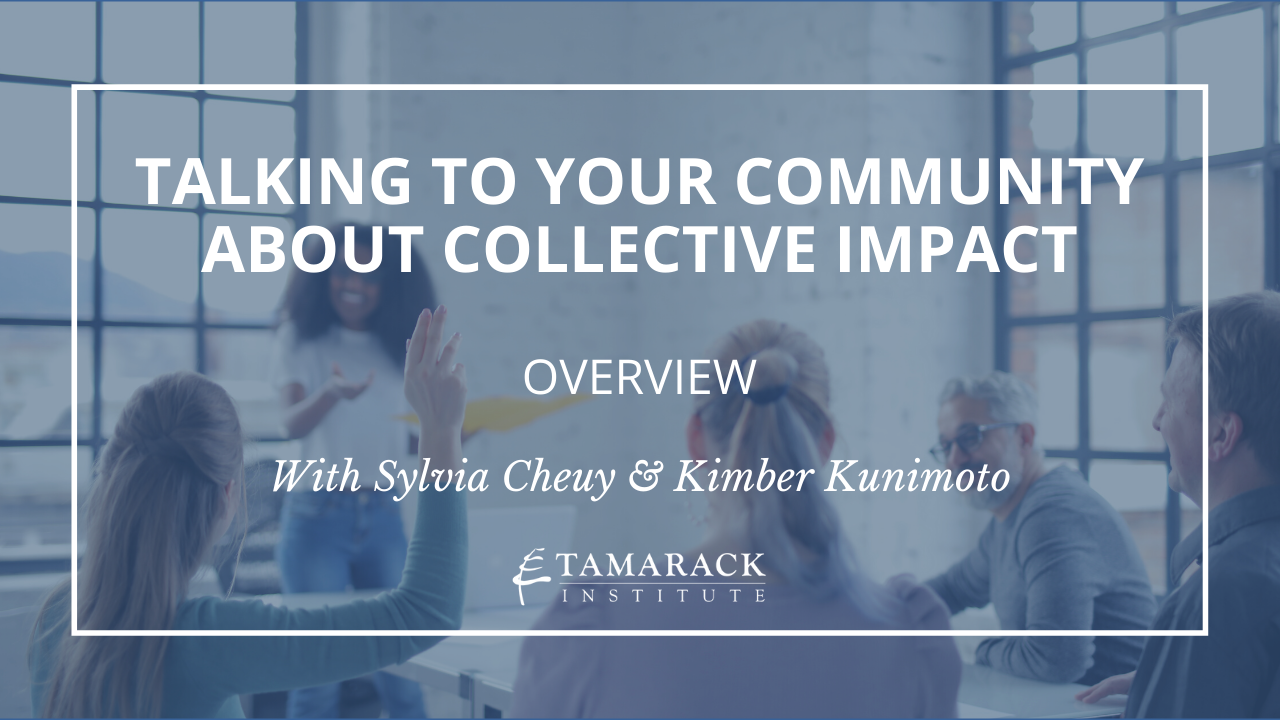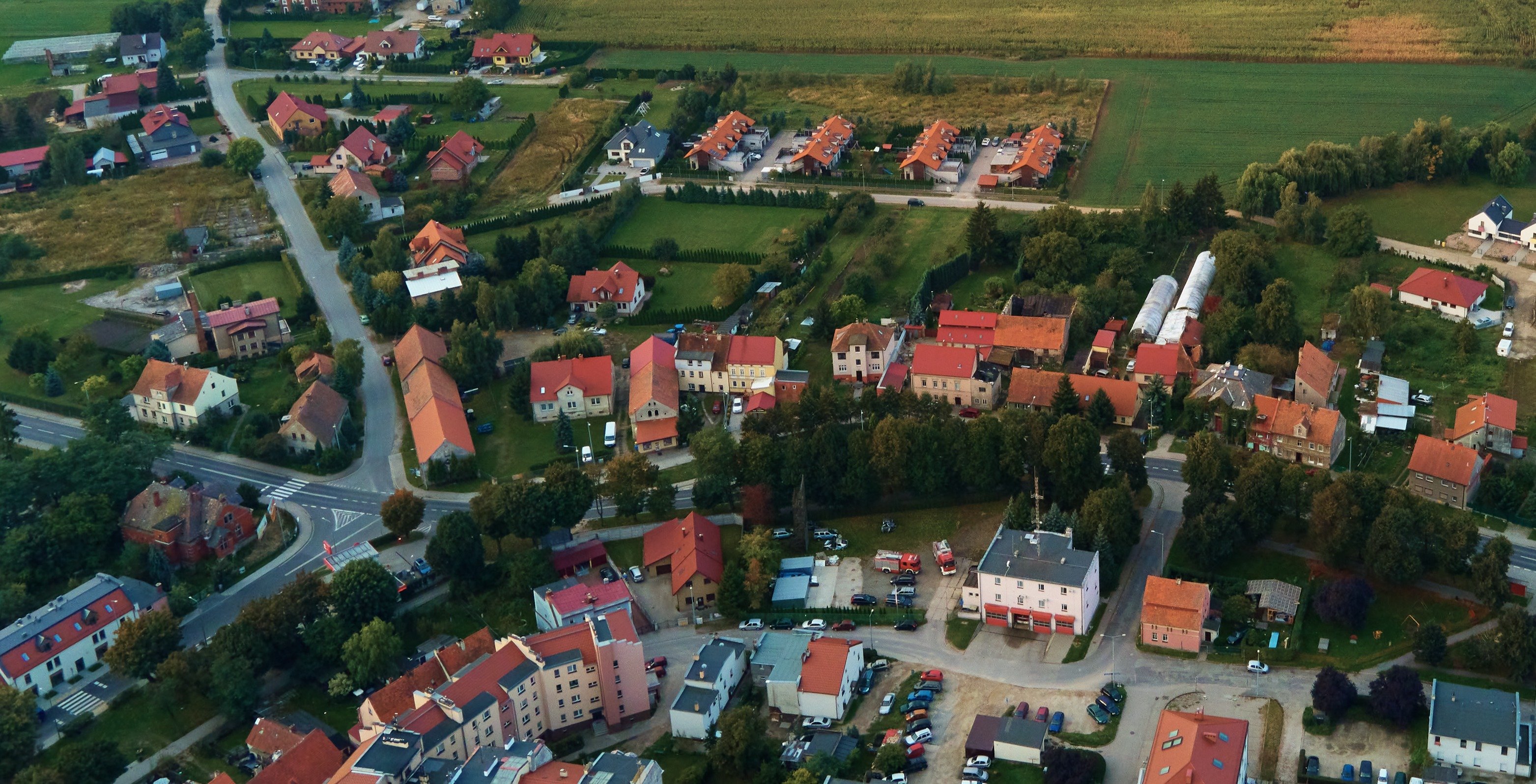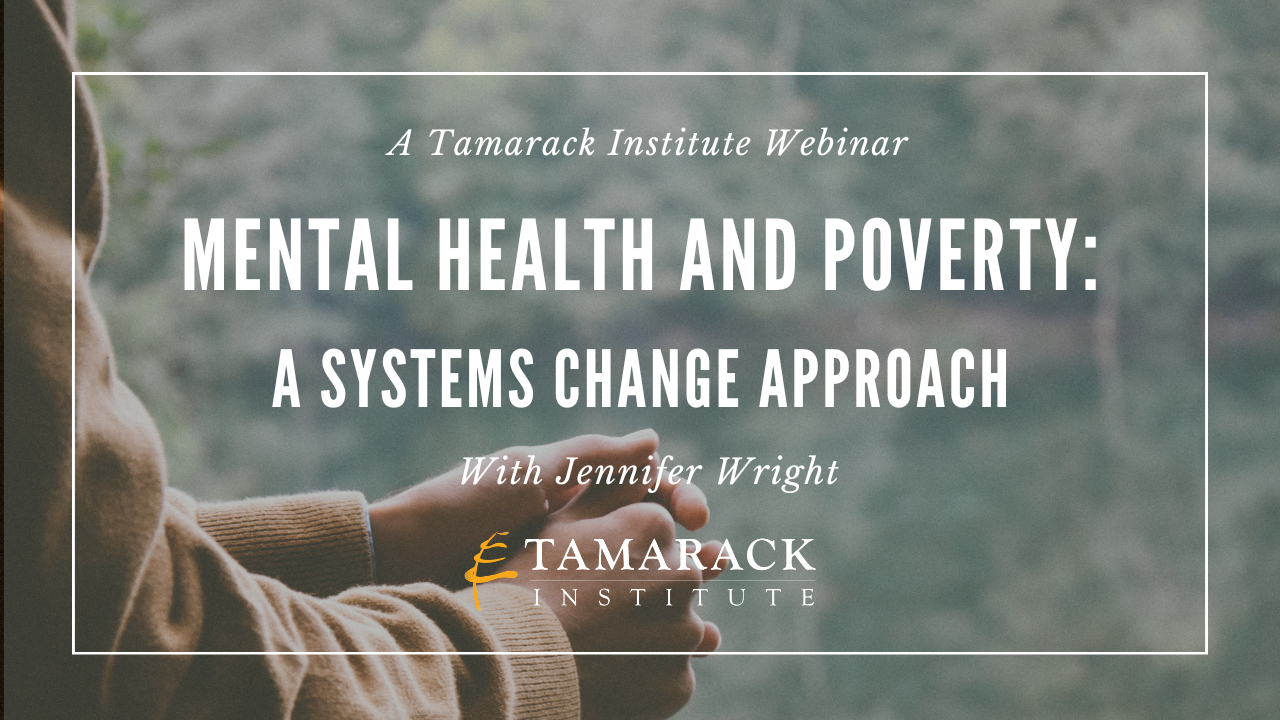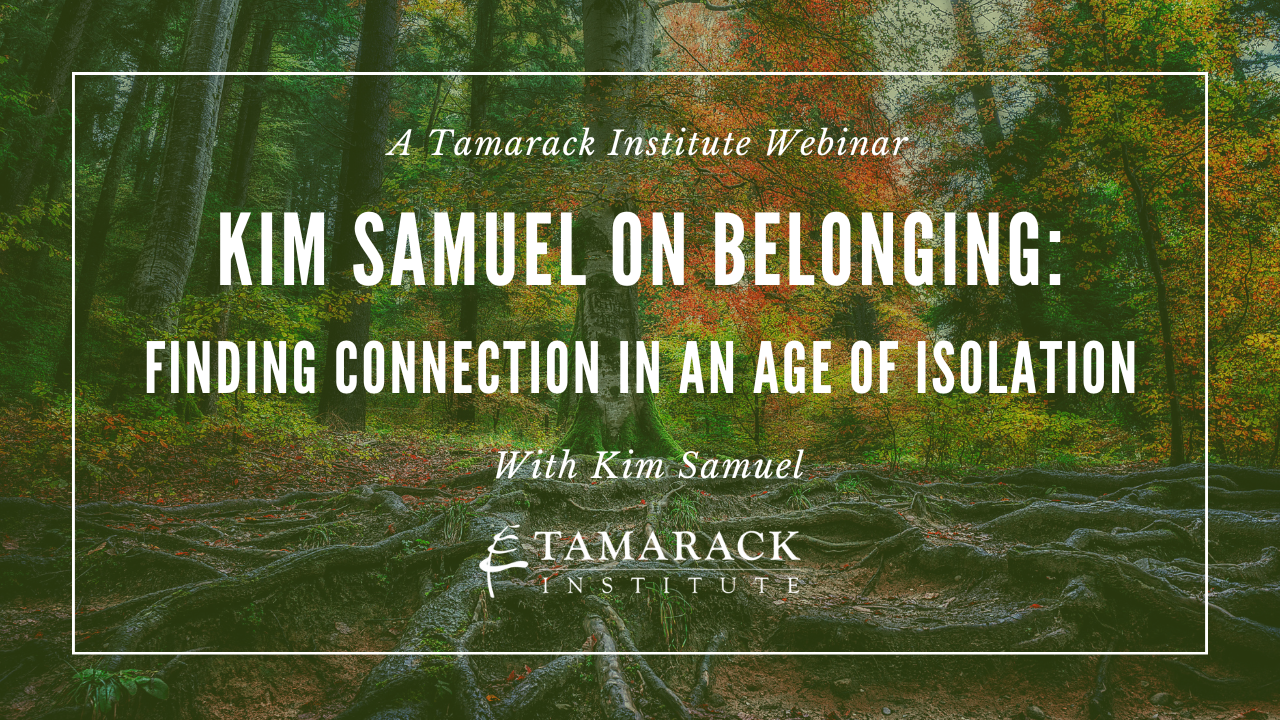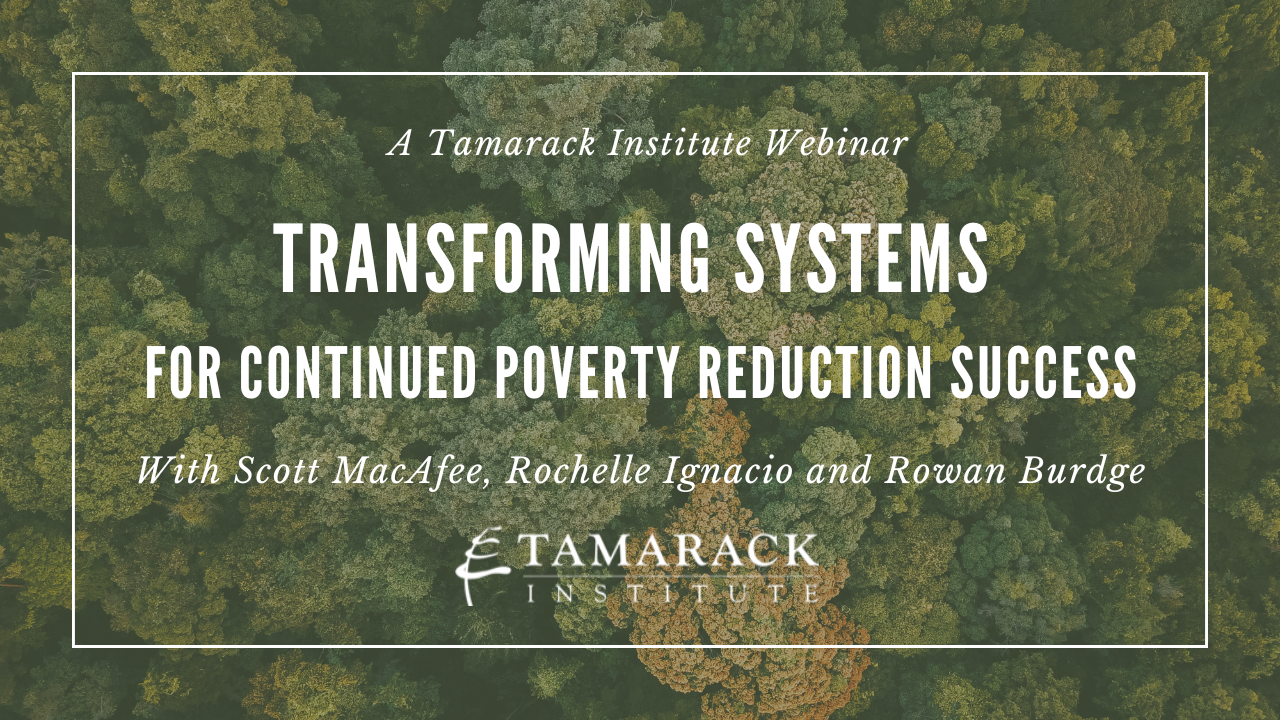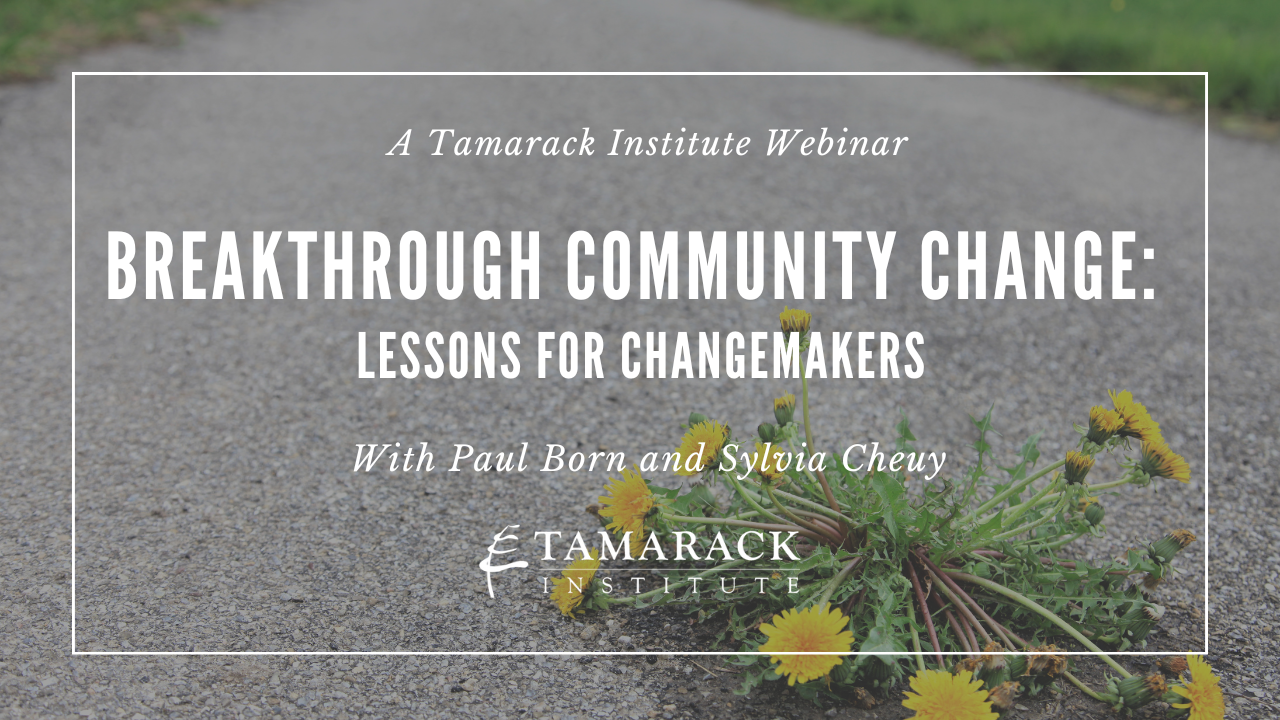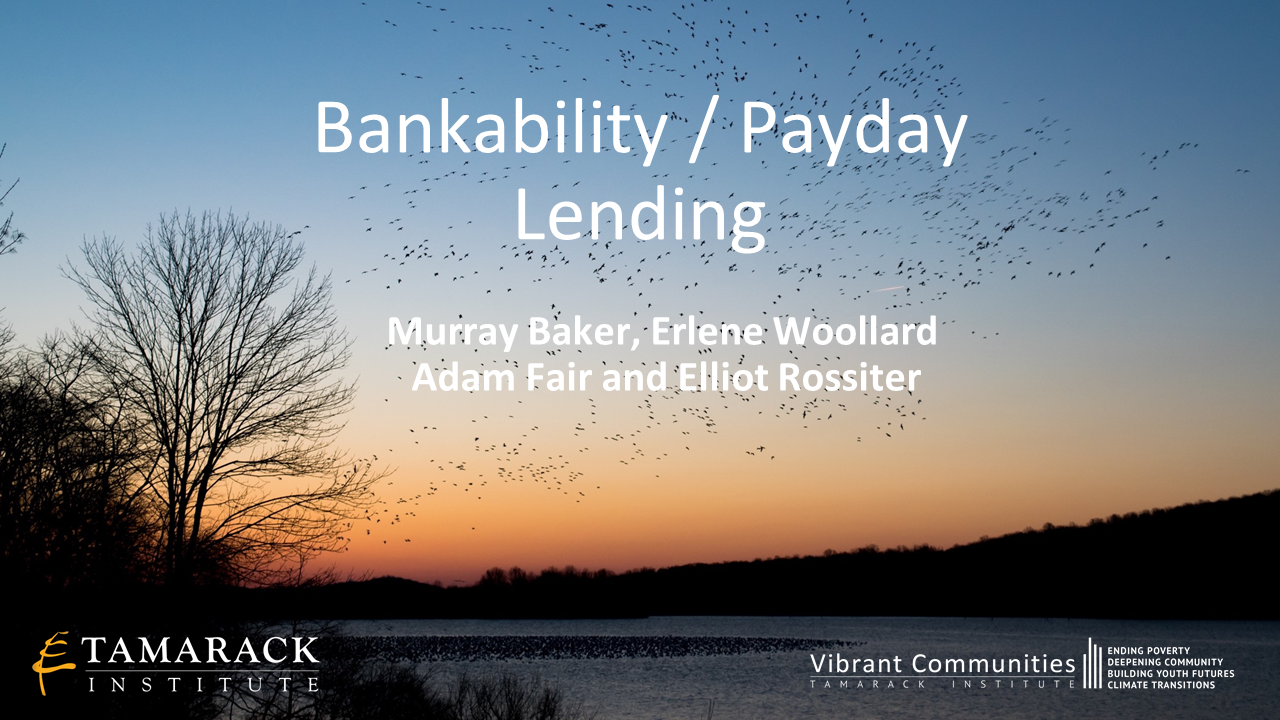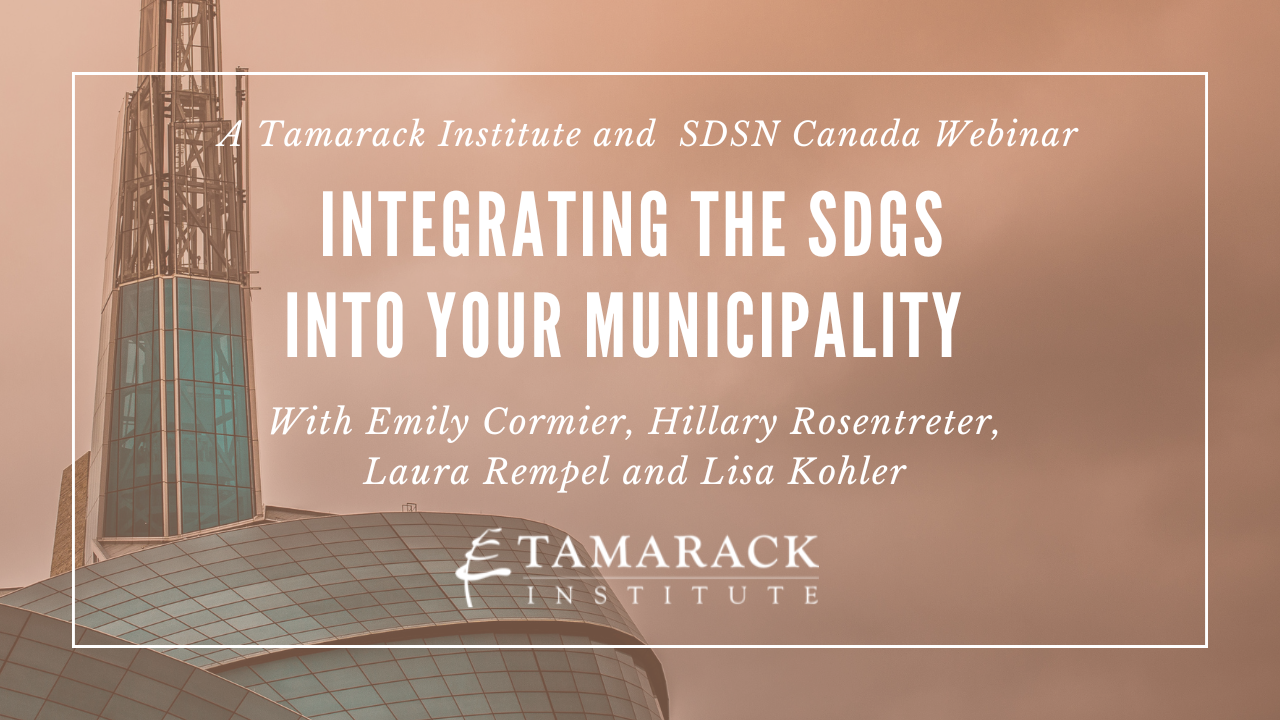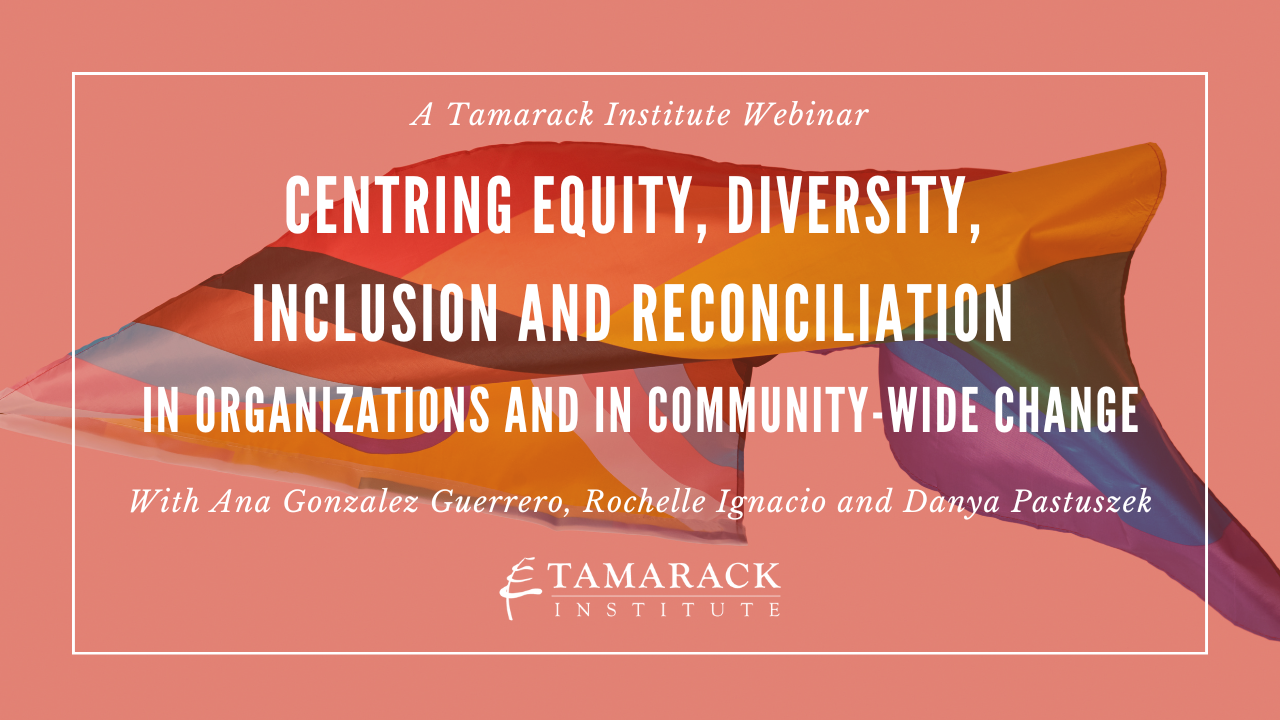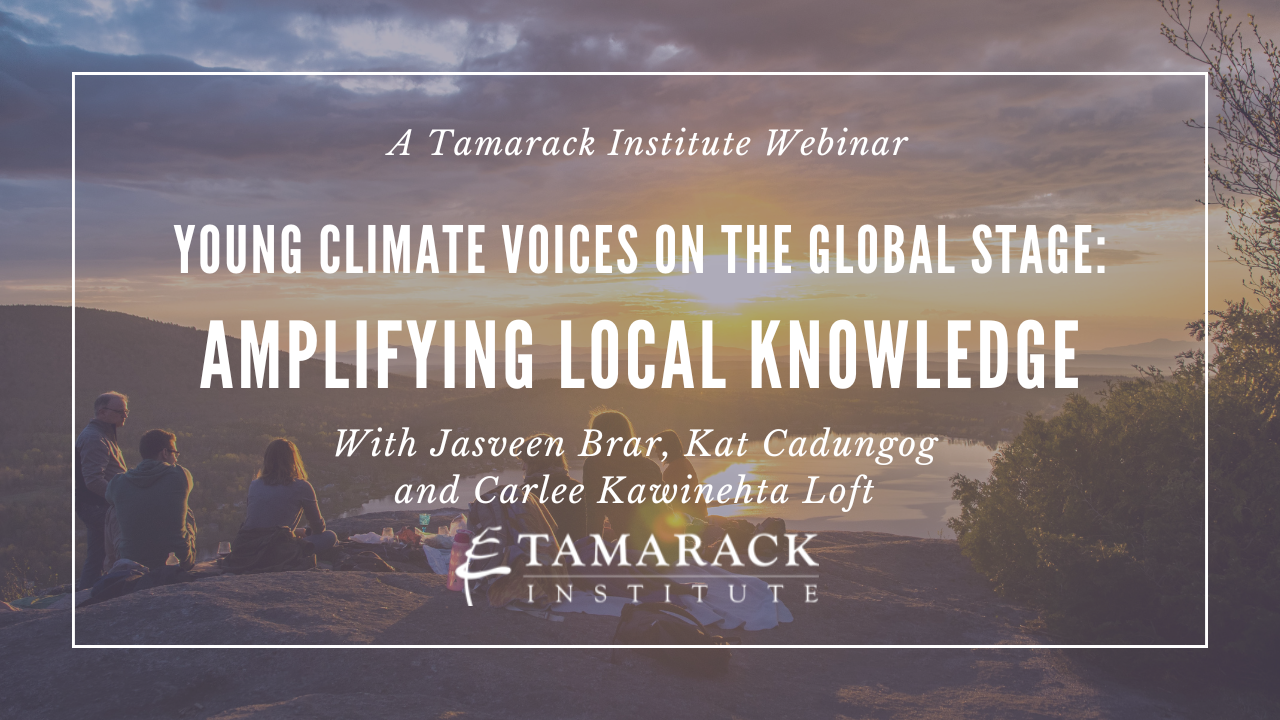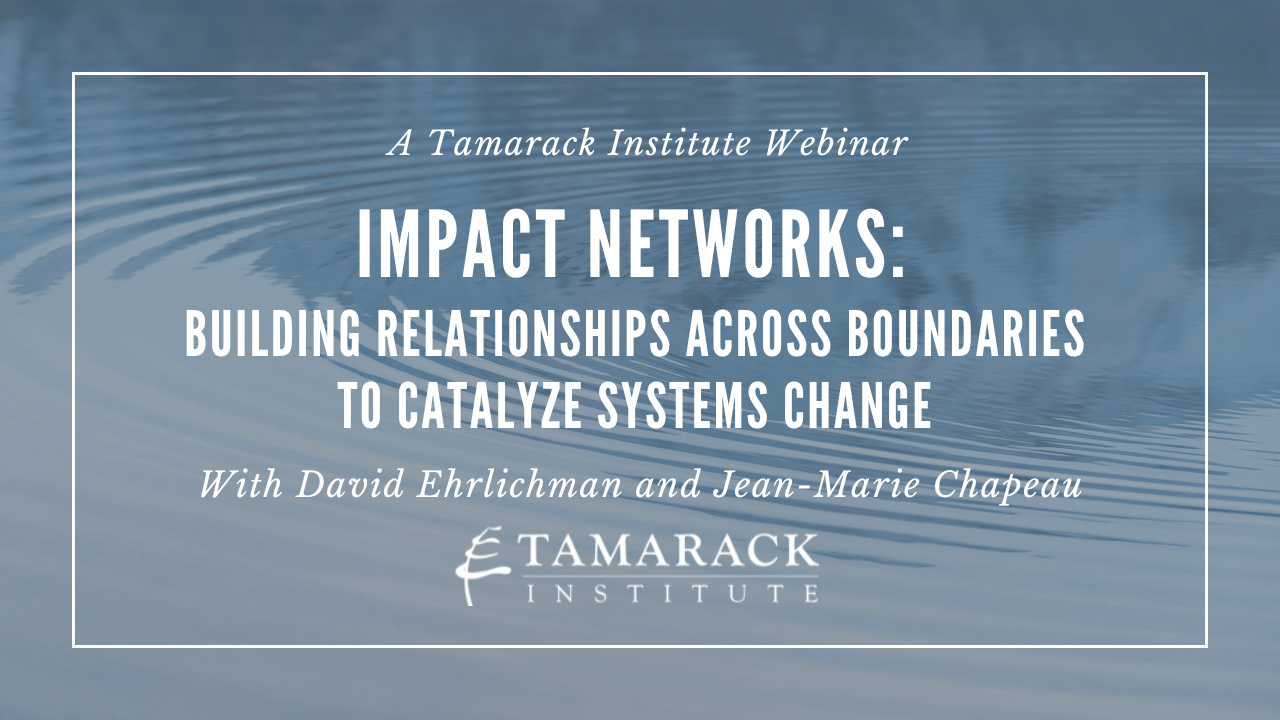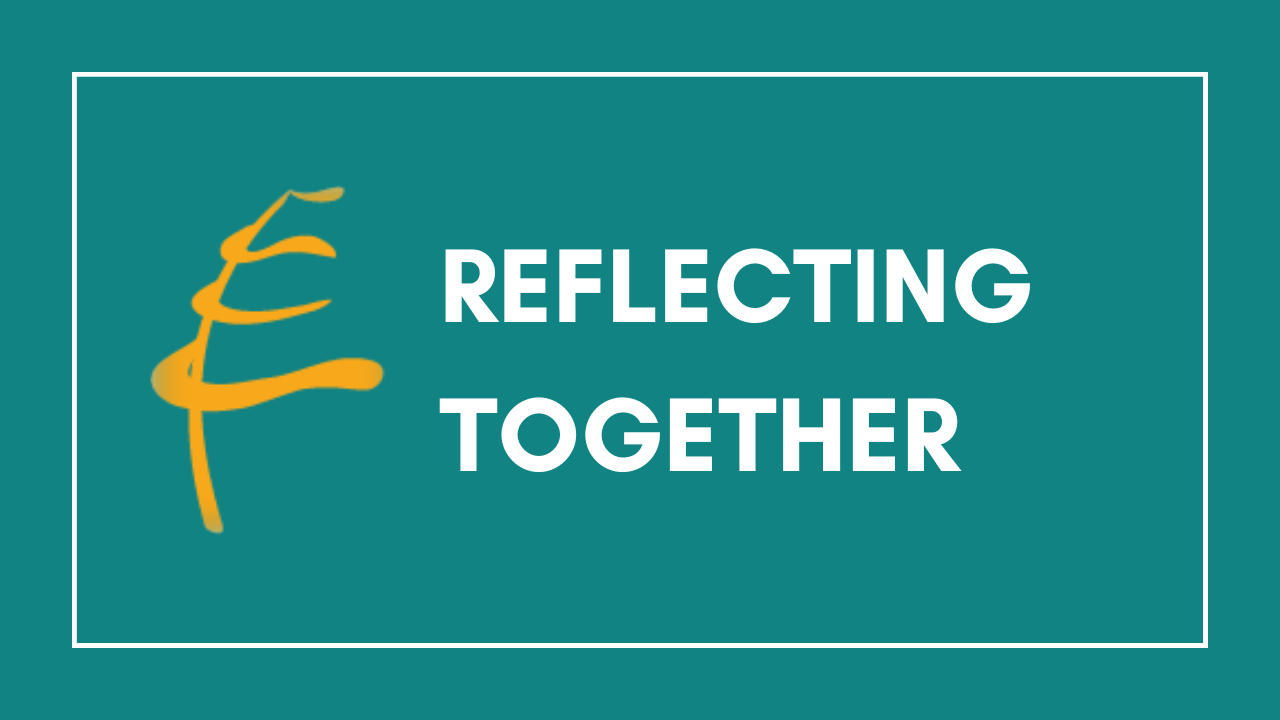How do we write in a way that is appealing to youth? How do we get them to pay attention?
As much as I think we can all learn a lot to make our writing more accessible, I think first, we need a gut check on who’s doing the writing anyway.
Provide a platform for youth to speak --> Do this whenever possible
In a recent youth roundtable, I was facilitating, a student shared an analogy that I will never forget. We were talking about how the city can do a better job engaging youth. The student shared, “To be honest, I’d rather go to an event that was put on by someone my age. As much as I love my grandma, I don’t really want to go to her party.” She then apologized for being so blunt.
I love what she shared. It’s a helpful reminder to all of us who are seeking to expand youth voice. Put youth in a position to speak, to write, to organize, to lead.
Provide mentorship. Provide resources. Be their ally.
Involve youth in the process --> Do this as a great next option
Writing a guide? Hosting an event? Build it together with youth. Hire youth to co-develop it. Ask youth what is most important for them. Use focus groups to check in with youth. Survey a larger group to find out their priorities. Get feedback on drafts throughout the process. Ask youth – what would make this appealing?
Be flexible. Be keen to change the product when you learn what would make it better.
Design/write with youth in mind --> Always necessary
Youth are intelligent. Empathetic. Never speak down, get preachy, or oversimplify your content. Use stories rather than directives. After writing, take a thorough edit to make it more accessible and compelling to youth:
-
Remove all jargon, acronyms, and use plain language
-
Default to a less formal, conversational tone. Does anyone love academic writing anyway?
-
Break up sections – assume your readers may be scanning. Grab their attention with clear and interesting sub-heads
-
Shorten it – Delete anything that isn’t 100 percent relevant or important. Delete superfluous words. Edit sentences to get to the point quicker.
-
For every sentence ask: Why is that important? Make it clear. Be transparent.
Then think about format. Is it easy to navigate? What would make it appealing to look at? What would keep a reader engaged?
I tend to think that any tips for writing for a youth audience are really just good tips for writing in general. If our goal is to connect, let’s do everything we can to understand the audience.




